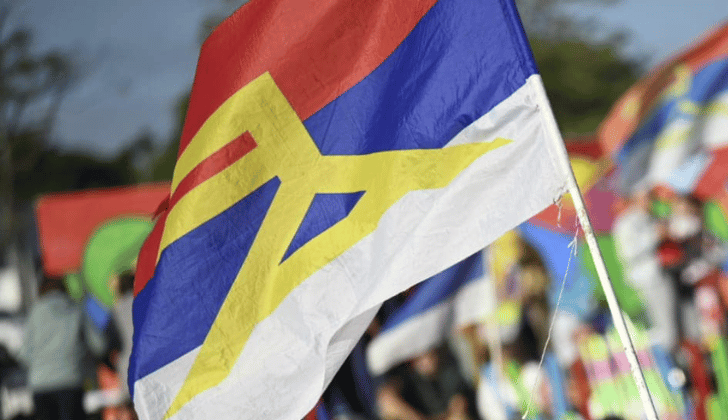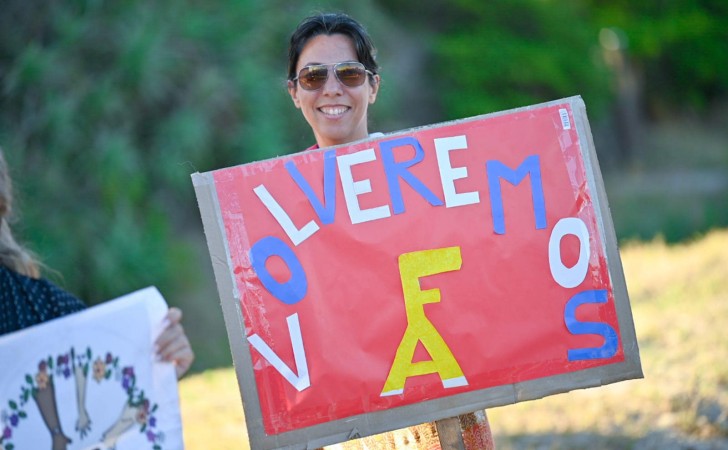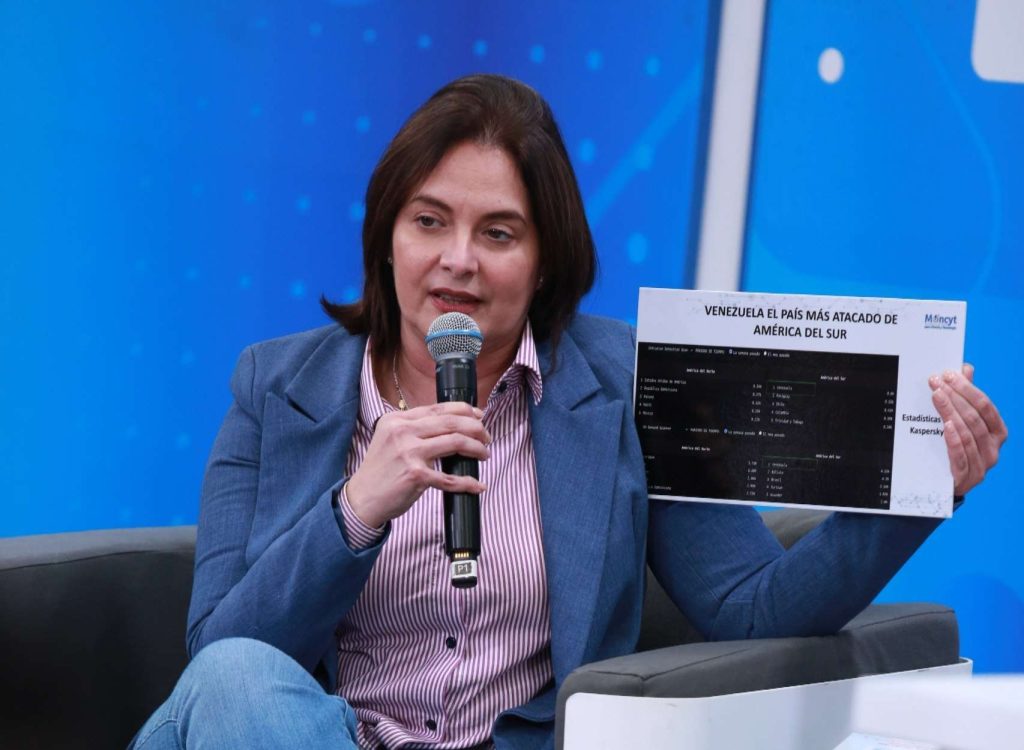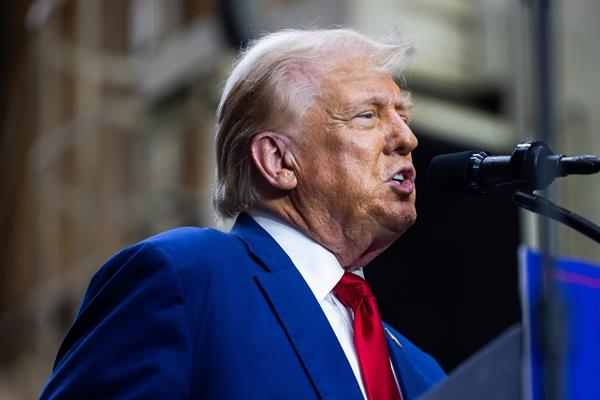
The recent survey by the consulting firm Factum has provided a new perspective on the potential outcome of the next presidential elections in Uruguay. Focusing on a potential runoff scenario, the data indicates a tight race between the two main political contenders: the Broad Front and the National Party.
The upcoming elections will reveal not only immediate political preferences, but also a range of broader sociopolitical dynamics that will undoubtedly influence national politics in the long term.
This binary approach in the runoff projects a tight competition, anticipating an intense electoral campaign where both coalitions will seek to maximize their attraction over voters still undecided or located on the margins of traditional party preferences: the Broad Front seeks to return with modern progressive proposals, while the National Party seeks to perpetuate itself in power with the ideas used during the government of Luis Lacalle Pou, of which Álvaro Delgado was a part.
Survey reveals a disputed electoral race in Uruguay between the FA and the PN
According to the results released on Monday, 50% of those surveyed showed preference for the Frente Amplio ticket, headed by Yamandú Orsi and Carolina Cosse. On the other hand, 46% would opt for Álvaro Delgado and Valeria Ripoll of the Partido Nacional. A small percentage, 4% of those surveyed, expressed their intention to vote blank or spoil their vote.
Factum director, Eduardo Bottinellipresented and analyzed these results on VTV, highlighting the interest and concern generated by these numbers in the context of the Uruguayan political system.
The central question addressed to the participants was explicit: “If you had to choose between these two presidential candidates for President of the Republic and you couldn’t help but choose, which one would you prefer? Or which one would you reject the least?”which invites reflection on both positive preferences and rejection.
This measurement was based on a previous survey by Factum, which sought to define voting intention by party more broadly. Using this data, the consultancy makes its projections on how these two main candidates would attract votes from other parties.
A detailed analysis of the survey suggests that the Orsi-Cosse formula would achieve its 50% support percentage with the following contributions: a significant 44% of voters from the Frente Amplio itself, complemented by small percentages of voters from other parties, such as the National Party, Colorado Party, Cabildo Abierto, Independent Party and others.
In a mirror image, the formula Delgado-Ripoll would receive the support of 46% of those surveyedcomposed mainly of its core support from the National Party, together with relevant contributions from the Colorado Party, Cabildo Abierto and other minority groups.
This survey was conducted by telephone between July 27 and August 8, proving its credibility with a sample of 900 people. Factum indicates a margin of error of +/- 1.7%, which gives a fairly accurate picture of the current state of voter preferences.


















